What should not be eaten with asthma?
Asthma or bronchitis is a chronic inflammatory disease of the airways that causes difficulty breathing and can be life-threatening if severe. Here are some foods that you should avoid if you have asthma.
Milk:The calcium in milk is essential for the development of strong bones and teeth. However, it is one of the most common food allergens for asthma. In addition, milk protein can make asthma worse.
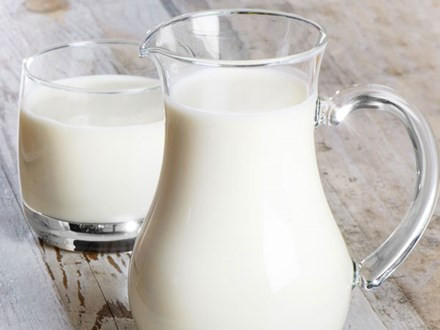 |
Peanuts:A recent study has shown that eating a lot of peanuts can prolong chest tightness and shortness of breath.
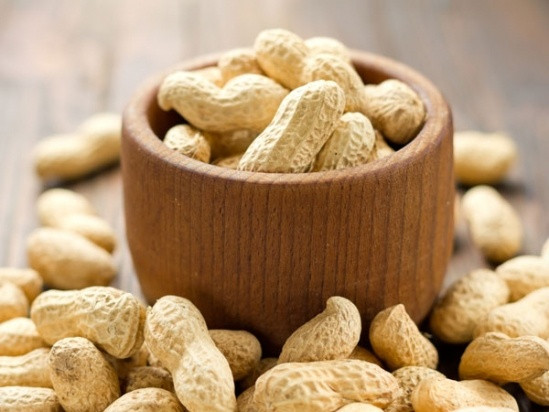 |
Egg:Egg allergy is the most common cause of asthma. Egg whites contain protein. This protein can trigger asthma attacks in people who are sensitive to it, so it is best to avoid eggs if you have asthma.
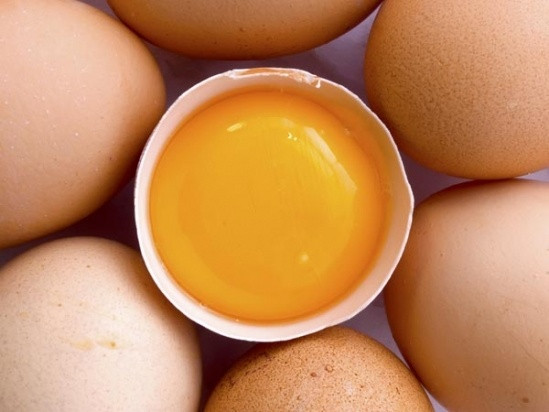 |
Shellfish:If you have asthma, you should absolutely avoid seafood. Clams, oysters, and snails can be a direct cause of discomfort and aggravate allergic reactions.
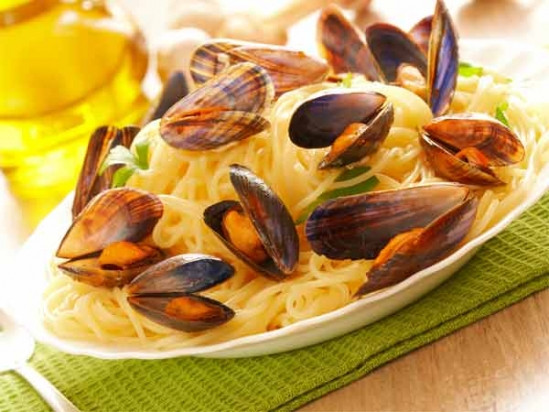 |
Soybeans:Soybeans contain many allergic proteins, which can cause some allergic reactions in the body.
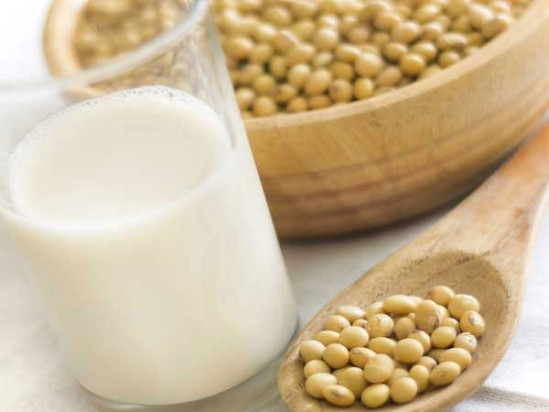 |
Wheat:Gluten, a protein found in wheat, is a trigger for asthma. Gluten causes inflammation that can restrict breathing. Therefore, avoiding wheat and wheat products can reduce the likelihood of asthma triggers.
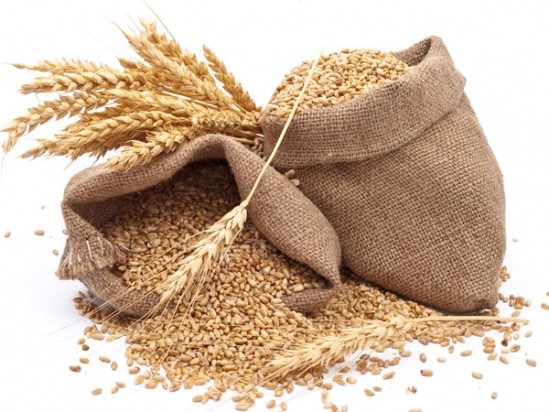 |
Alcohol:Sulfite preservatives in wine cause severe sneezing and coughing in asthmatics. Red wine is the biggest culprit in causing allergic reactions. Alcohol can worsen asthma symptoms due to the varying levels of acid reflux.
 |
Diet for people with asthma
- You should eat foods rich in beta carotene found in gac fruit, pumpkin, carrots, papaya, sweet potatoes, spinach, yellow and orange bell peppers..., and vitamin E found in vegetable oils and nuts, which also help protect and enhance respiratory function.
- Asthma patients also need to eat more foods such as onions, garlic, turmeric, chili, mustard sauce, broccoli, and herbs to increase resistance, reduce phlegm, protect and clear the respiratory tract.
- Every day, you should eat a full and balanced diet with the necessary nutrients; the proportion of fat in the diet should account for about 40 - 45% of the total energy provided each day. Carbohydrates in the diet also help increase ventilation of the respiratory tract.
- Foods rich in omega 3 fats can reduce inflammation, reduce the risk of shortness of breath and wheezing. Foods rich in omega 3 are salmon, herring, mackerel; oily nuts can also help prevent hereditary asthma in children.
A moderate exercise regimen, qigong, yoga, tai chi, and daily body massage are also very helpful for people with asthma.
At the same time, you should keep yourself in a relaxed state of mind, without anxiety or excessive stress.
According to Labor

